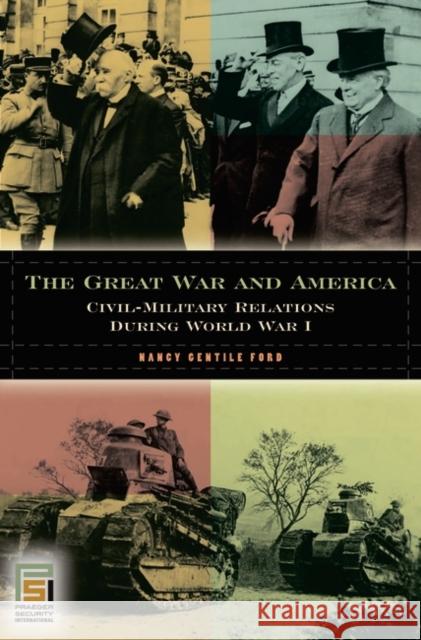The Great War and America: Civil-Military Relations During World War I » książka
The Great War and America: Civil-Military Relations During World War I
ISBN-13: 9780275981990 / Angielski / Twarda / 2008 / 208 str.
The First World War marked a key turning point in America's involvement on the global stage. Isolationism fell, and America joined the ranks of the Great Powers. Civil-Military relations faced new challenges as a result. Ford examines the multitude of changes that stemmed from America's first major overseas coalition war, including the new selective service process; mass mobilization of public opinion; training diverse soldiers; civil liberties, anti-war sentiment and conscientious objectors; segregation and warfare; Americans under British or French command. Post war issues of significance, such as the Red Scare and retraining during demobilization are also covered.
Both the federal government and the military were expanding rapidly both in terms of size and in terms of power during this time. The new group of citizen-soldiers, diverse in terms of class, religion, ethnicity, regional identity, education, and ideology, would provide training challenges. New government-military-business relationships would experience failures and successes. Delicate relationships with allies would translate into diplomatic considerations and battlefield command concerns.











